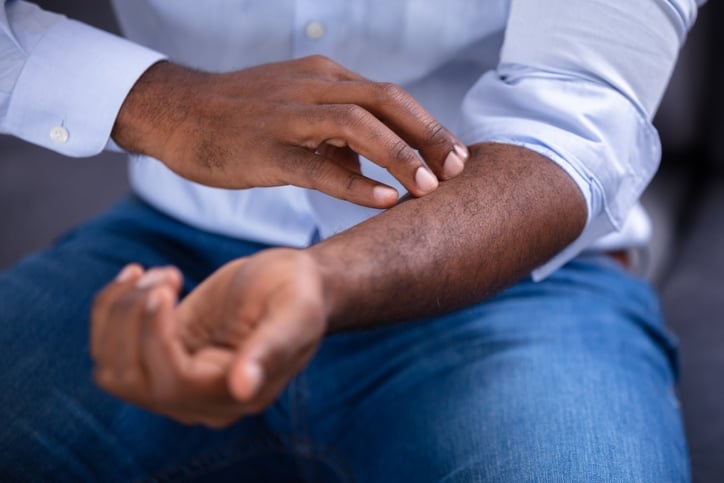
Did you know more than 11% of Australian women among the age group of 15 and 44 suffer from a condition called endometriosis? It’s a condition in which the inner lining of the uterus grows outside the uterus, especially on the surface of the bladder, intestines, and other pelvic organs.
For women with endometriosis, the periods are heavy and painful. They must get help from the Bowral doctors who specialise in diagnosing and treating diseases associated with ovaries, uterus, and other parts of the female reproductive system.
Symptoms
The common symptoms of endometriosis include,
- Inflammation in the pelvic region accompanied by severe pain
- Cramping
- Painful sex
- Difficult to urinating
- Heavy menstrual bleeding
- Digestive problems
- Painful bowel movements
- Constipation
- Bloating
- Mood swings
- Bleeding between periods and more
Diagnosis
If you experience the above symptoms, schedule an appointment with a doctor from Bowral medical centre. They will perform the following examinations to confirm the presence of endometriosis.
Pelvic Examination
Your doctor may feel areas in your pelvis for any abnormalities on your reproductive organs. In most cases, your doctor can feel the presence of small areas of endometriosis unless a cyst is formed.
Transvaginal Ultrasound
The Bowral doctors insert a transvaginal ultrasound into your vagina, which uses high-frequency sound waves to capture images of the inside of your pelvic area. But, this test will not confirm that you have endometriosis but identified cysts associated with it.
MRI
Magnetic Resonance Imaging is done to create a detailed image of the internal organs and tissues using a magnetic field and radio waves. The results obtained from this technique can be used for surgical planning and supplies your doctor from the leading Bowral Street medical practice with sufficient information on the size and location of the endometrial implants.
Laparoscopy
The laparoscopic procedure is done to view the inside of your abdomen. Tiny incisions are made near your navel, and a slender instrument is inserted to determine the signs of endometrial tissues outside the uterus. This method is effective in determining the location, size, and extent of the endometrial implants. Your surgeon will collect a tissue sample to make a further study on the complication. The condition can also be fully treated with proper surgical planning.
Treatment Options
Depending on the severity of the signs and symptoms, the Bowral doctors will provide you with appropriate medication and surgery. Some of the treatment options for endometriosis are,
- Pain medication – Over-the-counter pain medication to ease painful menstrual cramps.
- Hormone therapy – Hormone therapy slows down the growth of endometrial tissues.
- Conservative Surgery – It’s done to remove the endometriosis implants without damaging the uterus and ovaries to increase the chances of getting pregnant.
In addition to these treatment options, Bowral doctors also perform fertility treatment as endometriosis leads to trouble conceiving. From stimulating ovaries to in vitro fertilization, there are different treatment options available to maximise the chances of pregnancy in women with endometriosis.




